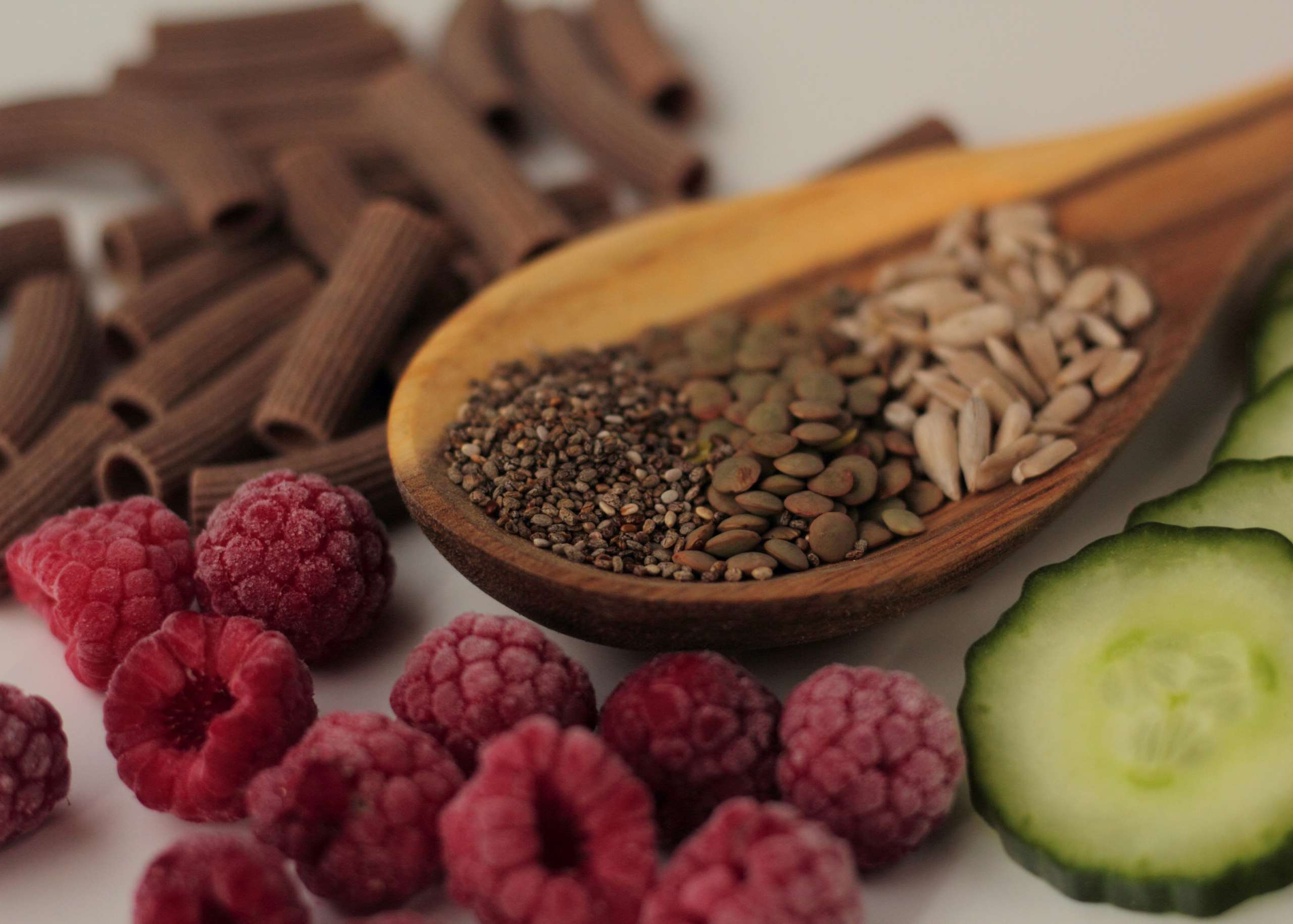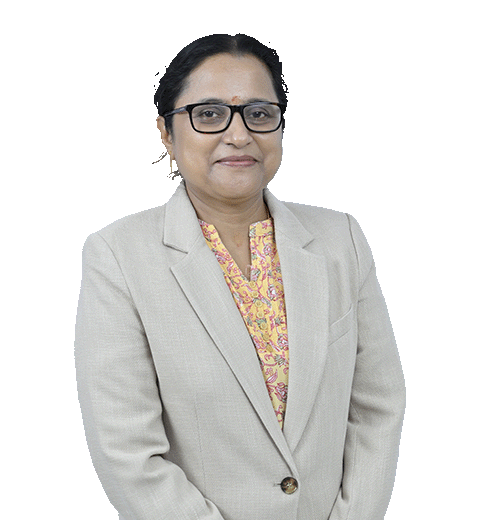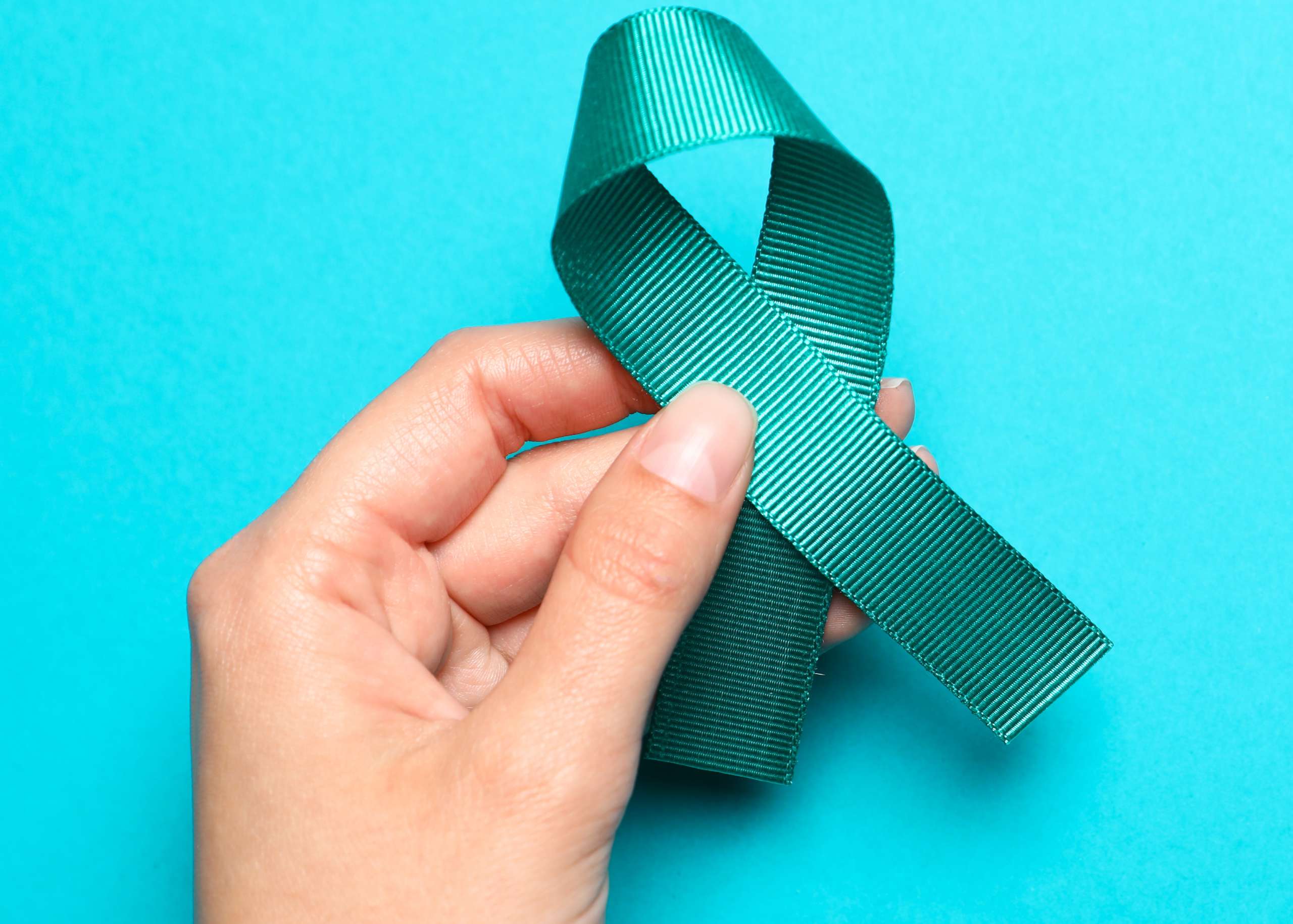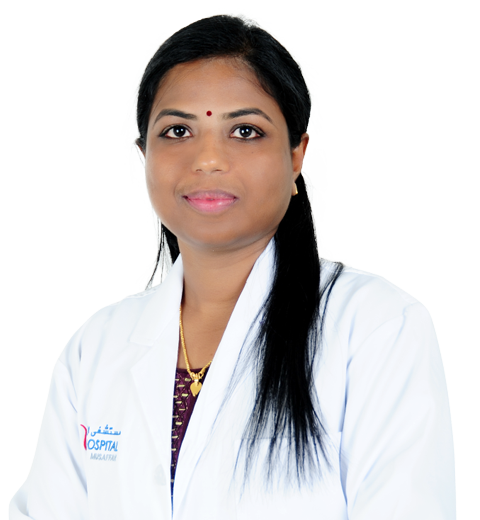6 Foods to Avoid for PCOS & 5 Foods to include for PCOS
Here is an effective diet guide for PCOS problem. Polycystic ovary syndrome (PCOS) is a hormonal disorder that affects women of childbearing age. It is characterized by irregular or absent menstrual cycles, excess hair growth, acne, and difficulty getting pregnant.
There is no cure for PCOS, but there are ways to manage the symptoms. The physicians will advise to make changes to your diet. Certain foods can worsen the symptoms of PCOS, while others can help to improve them.
Here are Some Foods That You Should Avoid if You Have PCOS:
- Refined carbohydrates: These foods are high in sugar and calories and can cause blood sugar levels to spike. They include white bread, pasta, pastries, sugary drinks, and candy.
- Processed foods: These foods are often high in unhealthy fats, sugar, and salt. They also tend to be low in nutrients. Some examples of convenience foods are fast food, frozen meals, and packaged snacks.
- Fried foods: Fried foods are high in unhealthy fats, which can contribute to weight gain and insulin resistance.
- Red meat: Red meat is high in saturated fat, which can also contribute to weight gain and insulin resistance.
- Dairy products with added hormones: Some dairy products, such as milk and cheese, are produced from cows that have been treated with hormones. These hormones can mimic the effects of testosterone in women with PCOS and worsen symptoms.
- High-sugar beverages: Sugary beverages, such as soda, juice, and sports drinks, are high in calories and can contribute to weight gain. They can also raise blood sugar levels.
Foods to Include for PCOS
There are also some foods that you can eat to help improve the symptoms of PCOS. These foods include:
- Whole grains: Whole grains are a good source of fiber, which can help to regulate blood sugar levels. They also contain nutrients that are important for women with PCOS, such as magnesium and vitamin B6.
- Lean protein: Lean protein, such as chicken, fish, and tofu, can help you to feel full and satisfied. It is also a good source of iron, which is important for women with PCOS.
- Healthy fats: Healthy fats, such as those found in avocados, nuts, and seeds, can help to improve insulin sensitivity and reduce inflammation.
- Fruits and vegetables: Fruits and vegetables are a good source of vitamins, minerals, and antioxidants. They are also low in calories and carbohydrates, making them a good choice for people with PCOS who are trying to lose weight.
- Low-fat dairy products: Low-fat dairy products, such as yogurt and milk, are a good source of calcium and vitamin D. These nutrients are important for bone health, which can be affected by PCOS.
If you have PCOS, it is important to talk to your gynaecologist about creating a diet that is right for you. They can help you to make the necessary changes to your diet and lifestyle to manage your symptoms and improve your overall health.
Here are some additional tips from Maa Clinic at LLH Hospitals & Medical centres following a PCOS-friendly diet:
- Maintaining stable blood sugar levels is essential for good health. One effective way to achieve this is by eating regular meals and snacks throughout the day.
- Opt for foods that are low in sugar and processed carbohydrates, as these types of foods can cause spikes and dips in blood sugar levels.
- Focus on eating whole, unprocessed foods.
- Drink plenty of water.
- Get regular exercise.
By following these tips, you can make positive changes to your diet and improve your symptoms of PCOS.
Our Experts















